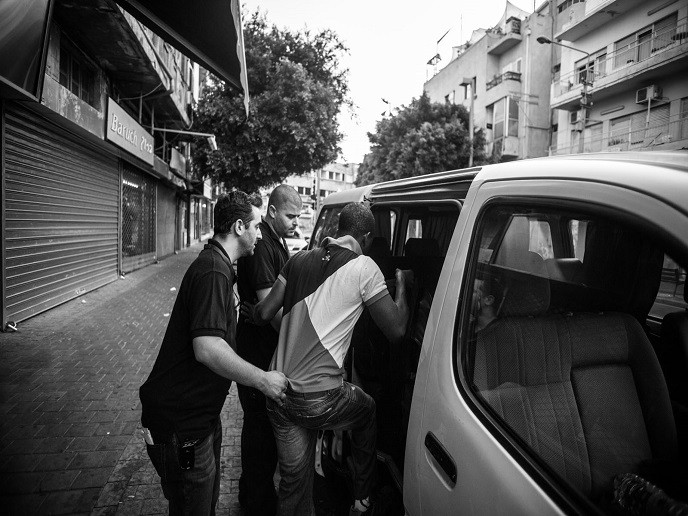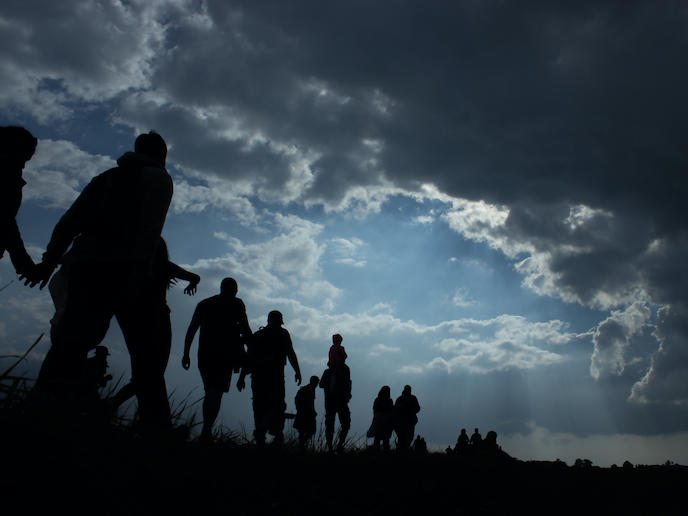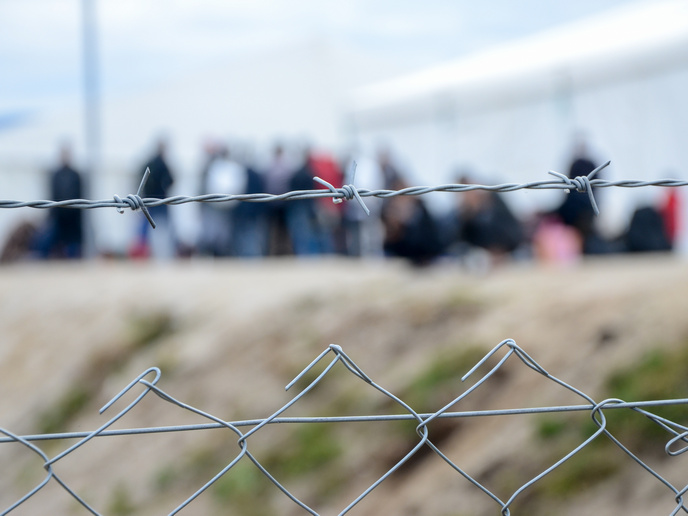Deportation regimes: Adding a new perspective to public and political debates
Countries around the world have invested significantly in effective deportation regimes. Implementing these regimes, however, has not always achieved the desired goals, with evident discrepancies between policies and actual practices of deportation. The DEPORT REGIMES project aimed to increase society’s understanding of these regimes. “To do this, we studied actual deportation regimes in action,” explains Barak Kalir, project coordinator. “Not so much the changing rules and regulations and policy at the European or individual Member State level, but rather what people are really doing within deportation regimes – how they act, think and view the things they are doing.”
Day-to-day operations
The team of researchers studied and compared the actual workings of deportation regimes in four countries: Spain, Greece, Ecuador and Israel. Key to this were the practices, motivations and world views of street-level state agents and civil society actors who are involved in the day-to-day process of deportation. “We know quite a lot about the policies and the people who are subjected to these policies. But we know much less about the people who are doing the work of implementation,” notes Kalir. “So, this kind of research aimed to fill in the gap in our knowledge about what happens on the ground when deportation policies are being implemented.”
Lesson learnt
Among the project’s findings, a lack of feedback given into the deportation system from what happens on the ground was noted. “According to the formal purpose of deportation regimes, and with the huge investment in them, the results one would expect are the removal of – voluntarily or forcefully – people who are categorised as illegal within a sovereign territory. However, these kinds of regimes are colossally failing to achieve their declared goals.” This may stem from the fact that those working on the ground face many difficulties in implementing these regimes. “For many reasons including ethical and emotional difficulties, implementation is much more problematic than policy-makers may be envisioning,” confirms Kalir, adding: “We believe the system now, the way it works politically, is not really feeding back into decision-making processes on a political level.” Further to this, the project also investigated the role that civil society actors play in the deportation regimes. “We learnt that many NGOs and other organisations that have their roots in civil society are contributing to or doing part of the work for the state in the deportation process through assisted or voluntary return programmes.” “Our project also found that the idea that in deportation regimes the ‘bad guys’, for example the police, are all on the side of the state, and the ‘good guys’ are all on the side of civil society, is very stereotypical,” emphasises Kalir. “Some actors within civil society are complacent in the deportation regimes and some state actors are trying to actually mitigate the harshness of the policies.”
Looking forwards
The work on deportation will continue. Kalir concludes: “Together with a number of colleagues, we have started a new Horizon 2020 project entitled Advancing Alternative Migration Governance(opens in new window) in which we scrutinise alternatives to deportation and explore different ways in which migration policies could be implemented in more effective and humane manners on the ground.” This project will try to ascertain how these kinds of policies get implemented on the ground.







